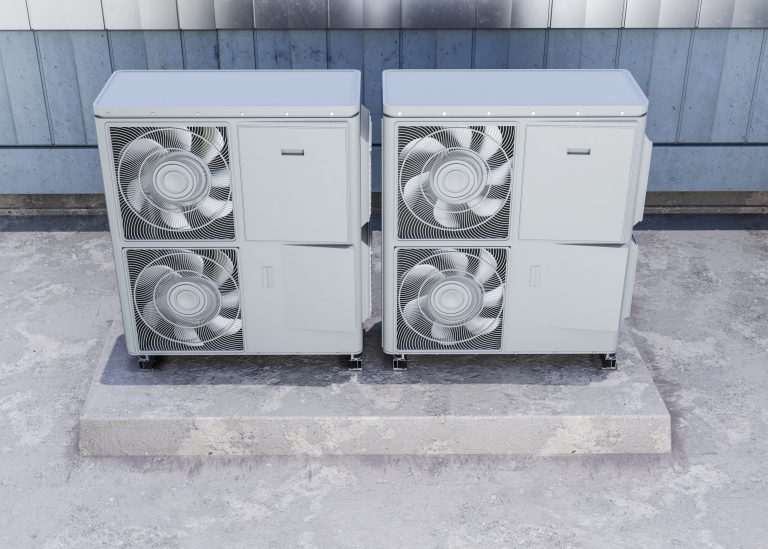Choosing the right size air conditioning unit for your home in Auburndale, FL is one of the most important decisions you can make when it comes to comfort, energy efficiency, and long-term savings. Go too small, and your A/C will run constantly without ever fully cooling your space. Go too large, and you risk short cycling and humidity problems. In this blog, we’ll walk you through the key factors that determine the proper A/C size, especially for homes in Florida’s hot and humid climate.
Why A/C Size Matters in Florida
In Florida—especially places like Auburndale, Winter Haven, Lakeland, Bartow, and Haines City—the heat and humidity levels are no joke. That’s why properly sizing your A/C unit is critical. A system that’s too small will be overworked and inefficient, while an oversized system won’t remove enough humidity from the air, leaving your home feeling sticky and uncomfortable.
How A/C Units Are Measured
Air conditioners are rated in BTUs (British Thermal Units) or tons:
- 1 ton = 12,000 BTUs per hour
- Residential units typically range from 1.5 to 5 tons.
As a general rule:
- A 1,000 sq ft home might need around 2 tons.
- A 2,000 sq ft home could need about 3.5 to 4 tons.
However, this rough estimate can be off if you don’t account for other factors.
Factors That Affect A/C Size Requirements
Here are key factors we evaluate before recommending the right unit size:
1. Square Footage of the Home
Larger homes naturally require more cooling power. But square footage is just the starting point.
2. Ceiling Height
A home with high ceilings needs more cooling because there’s more air volume.
3. Insulation and Sealing
Older homes or homes with poor insulation may require a bigger unit to maintain comfort.
4. Window Type and Exposure
Large windows or south-facing glass can let in a lot of heat. This increases your cooling load.
5. Number of Occupants
Each person adds body heat and moisture, both of which affect your system’s capacity.
6. Local Climate
In Central Florida, the high humidity means we look for systems that can also dehumidify effectively—such as the Daikin Fit, which uses inverter technology to run efficiently even at low speeds.
Professional Load Calculation: The Right Way to Size
The best way to know exactly what size A/C unit you need is with a Manual J Load Calculation. This is a professional method that takes all the above factors into account and provides a precise estimate of your cooling needs.
At Freedom Air Conditioning, we use this calculation on every new install to make sure our clients in Auburndale, Dundee, Polk City, and surrounding areas get a system that fits their home—not a guess.
Common Mistake: Bigger Isn’t Better
Many homeowners assume a bigger system is better. But in reality, an oversized unit:
- Turns on and off frequently (short cycling)
- Doesn’t remove humidity properly
- Increases wear and tear
- Spikes your energy bill
It’s not about power. It’s about balance.
Energy Efficiency Tips
Here are a few ways to get the most out of the A/C unit you choose:
- Upgrade to a high SEER-rated system (Seasonal Energy Efficiency Ratio)
- Use a smart thermostat (like the Daikin ONE+) to automate usage
- Seal windows and ducts to prevent air leaks
- Schedule annual maintenance to keep your system running at peak performance
Ready for a Professional Recommendation?
If you’re unsure what size A/C unit you need—or you’re thinking about upgrading your current system—give us a call. We’ll come out, inspect your home, and give you an honest, accurate estimate that fits your needs and budget.
Contact Freedom Air Conditioning
📍 207 Gandy Rd, Suite B
Auburndale, FL 33823
📞 (863) 229-7058
🌐 www.myfreedomair.net
Don’t waste money on the wrong size A/C. Let our licensed HVAC experts make sure you’re set up for comfort and savings. Call Freedom Air Conditioning today or schedule your in-home estimate online—we serve Auburndale, Lakeland, Winter Haven, and all surrounding areas in Polk County.



